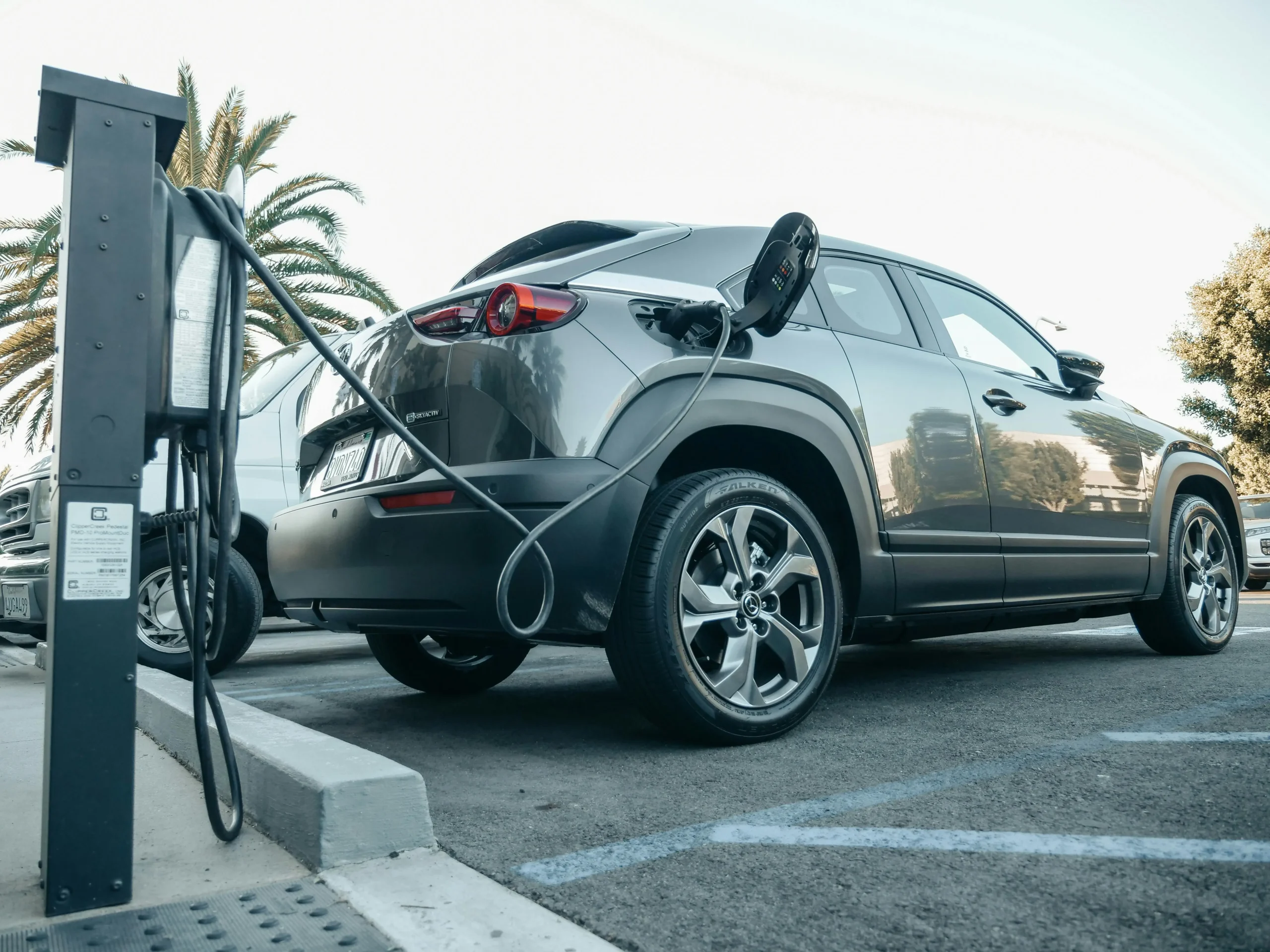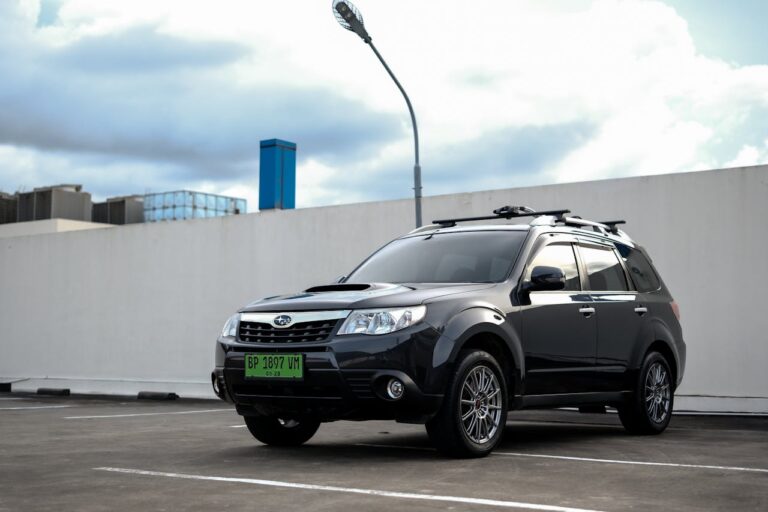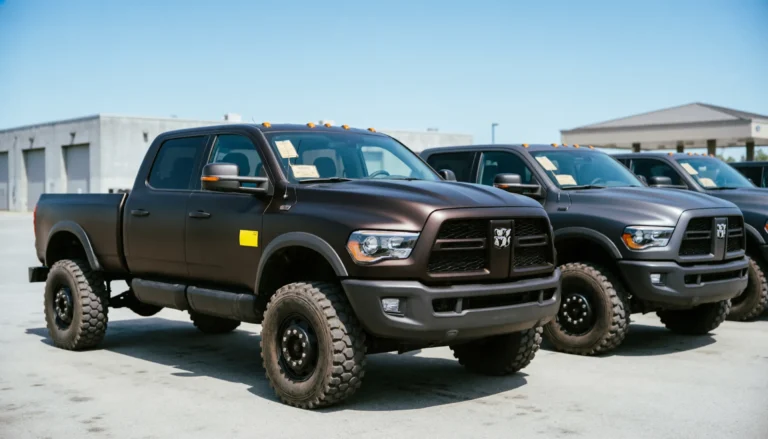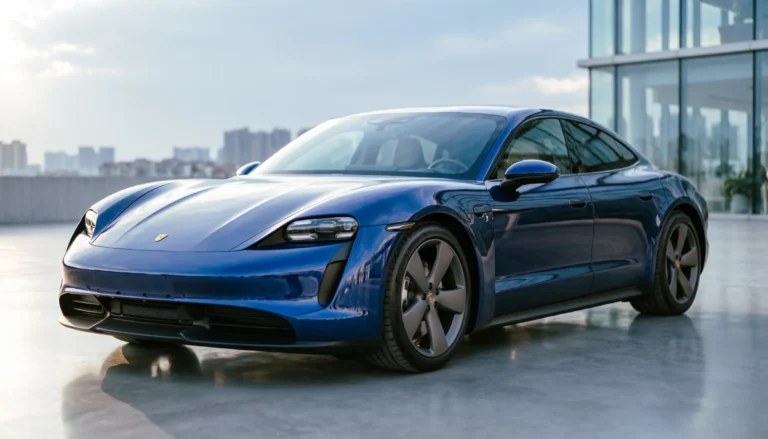
Volvo Cars reports sales of 50,315 cars in February, a decline by 2 per cent compared with the same month last year. The main reason for the decline is the timing of the Lunar New Year in China.
In February, Volvo Cars achieved its highest-ever share of electrified models – both in fully electric as well as in plug-in hybrids and fully electric combined. This was mainly driven by the ramp-up of the company’s new fully electric small SUV, the EX30. Fully electric cars constituted 22 per cent of all cars sold globally during the month, while the combined sales of fully electric cars and plug-in hybrids accounted for 44 per cent.
Sales in Europe remained strong and grew 26 per cent compared to February 2023, reaching 26, 773 cars. Sales of cars with a fully electric or plug-in hybrid powertrain increased with 18 per cent, while sales of fully electric cars increased by 31 per cent, compared to February last year.
In China, sales reached 7,911 cars, a decrease of 39 per cent compared to February 2023. The reason for the decline was due to the timing of the Lunar New Year, which mainly took place during the month of February.
Our sales in the US reached 7,920 cars, a decrease of 7 per cent compared to last year. Sales of cars with a fully electric or plug-in hybrid powertrain grew by 6 per cent compared to February 2023, and accounted for 32 per cent of all cars sold in the US.
In December 2023, Volvo Cars introduced its latest addition to the fully electric family, the EX30. During the first two months of 2024, a total of 5,863 cars have been sold. Deliveries to customers have started in Europe, Japan and Brazil with more markets following the coming weeks.
For February, the Volvo XC60 remained the top-selling model with sales reaching 16,026 cars (2023: 16,103 cars), followed by the XC40 with total sales of 13,193 cars (2023: 15,435 cars), and XC90 at 7,299 cars (2023: 7,120 cars).
| February | February | Jan-Feb | Jan-Feb | |||
| 2024 | 2023 | Change | 2024 | 2023 | Change | |
| Europe | 26,773 | 21,278 | 26% | 49,914 | 42,714 | 17% |
| Electrified models | 16,133 | 13,698 | 18% | 29,963 | 26,518 | 13% |
| – Fully electric | 8,799 | 6,715 | 31% | 16,270 | 12,052 | 35% |
| – Plug-in hybrid | 7,334 | 6,983 | 5% | 13,693 | 14,466 | -5% |
| China | 7,911 | 13,066 | -39% | 23,953 | 24,849 | -4% |
| Electrified models | 415 | 1,130 | -63% | 1,404 | 2,388 | -41% |
| – Fully electric | 137 | 172 | -20% | 298 | 491 | -39% |
| – Plug-in hybrid | 278 | 958 | -71% | 1,106 | 1,897 | -42% |
| US | 7,920 | 8,560 | -7% | 15,636 | 16,253 | -4% |
| Electrified models | 2,571 | 2,436 | 6% | 4,446 | 4,806 | -7% |
| – Fully electric | 359 | 973 | -63% | 619 | 1,744 | -65% |
| – Plug-in hybrid | 2,212 | 1,463 | 51% | 3,827 | 3,062 | 25% |
| Other | 7,711 | 8,382 | -8% | 14,214 | 15,990 | -11% |
| Electrified models | 3,147 | 3,414 | -8% | 5,624 | 6,708 | -16% |
| – Fully electric | 1,629 | 1,714 | -5% | 2,963 | 3,161 | -6% |
| – Plug-in hybrid | 1,518 | 1,700 | -11% | 2,661 | 3,547 | -25% |
| Total | 50,315 | 51,286 | -2% | 103,717 | 99,806 | 4% |
| Electrified models | 22,266 | 20,678 | 8% | 41,437 | 40,420 | 3% |
| – Fully electric | 10,924 | 9,574 | 14% | 20,150 | 17,448 | 15% |
| – Plug-in hybrid | 11,342 | 11,104 | 2% | 21,287 | 22,972 | -7% |
——————————-
Volvo Cars in 2023
For the full year 2023, Volvo Car Group recorded a record-breaking core operating profit of SEK 25.6 billion. Revenue in 2023 amounted to an all-time high of SEK 399.3 billion, while global sales reached a record 708,716 cars.
About Volvo Car Group
Volvo Cars was founded in 1927. Today, it is one of the most well-known and respected car brands in the world with sales to customers in more than 100 countries. Volvo Cars is listed on the Nasdaq Stockholm exchange, where it is traded under the ticker “VOLCAR B”.
“For life. To give people the freedom to move in a personal, sustainable and safe way.” This purpose is reflected in Volvo Cars’ ambition to become a fully electric car maker by 2030 and in its commitment to an ongoing reduction of its carbon footprint, with the ambition to be a climate-neutral company by 2040.
Source link:https://www.media.volvocars.com/







